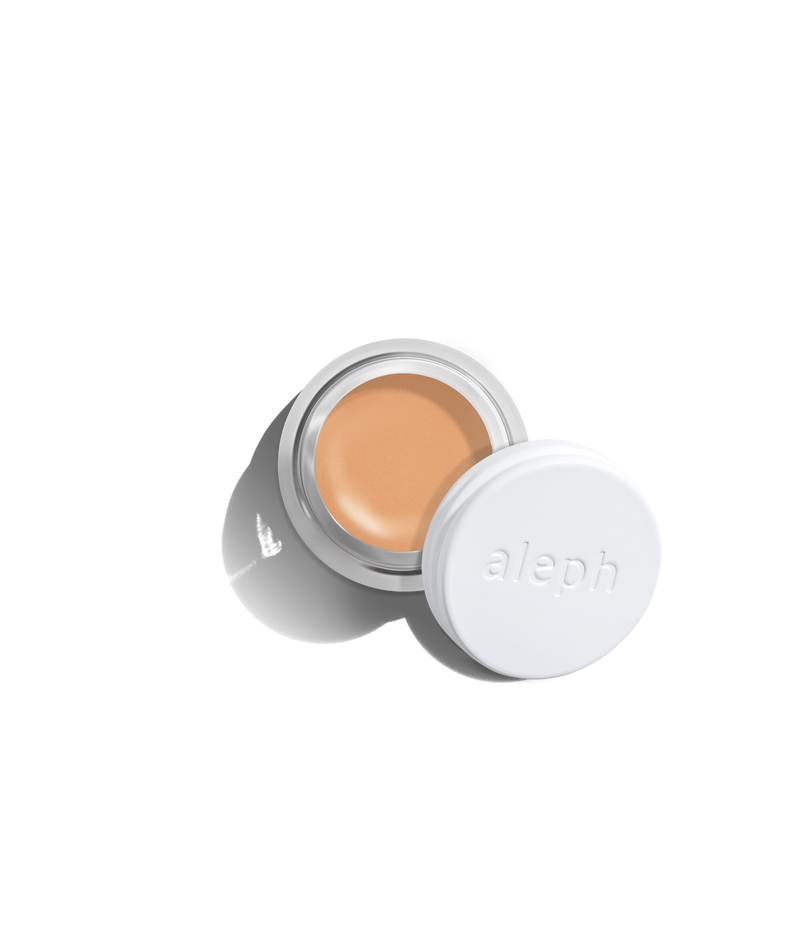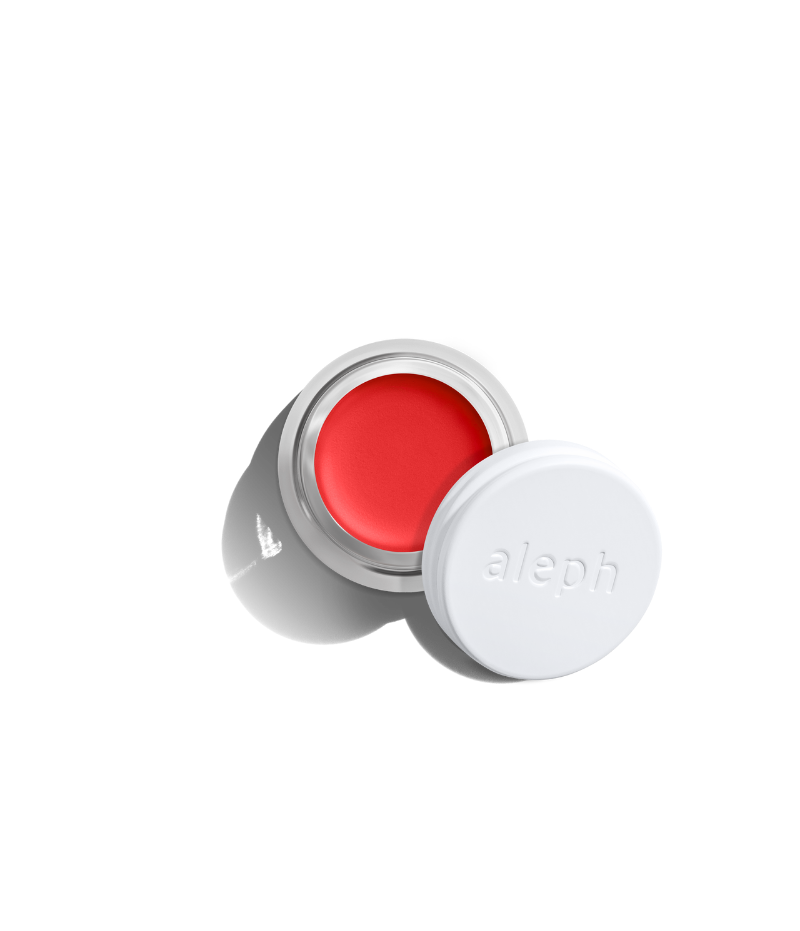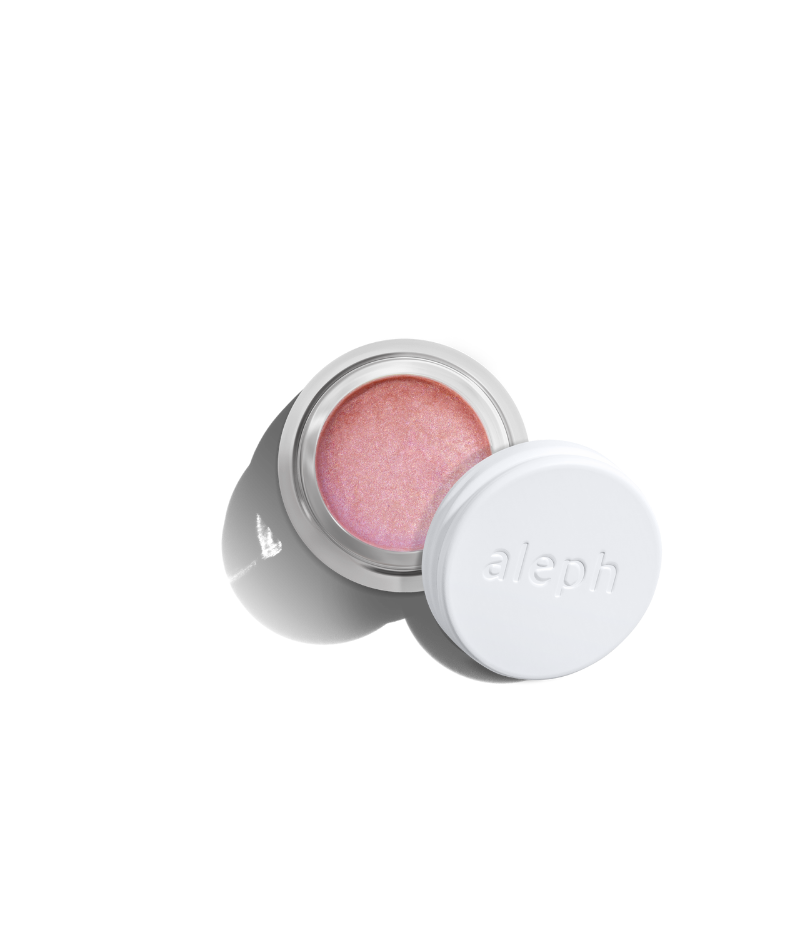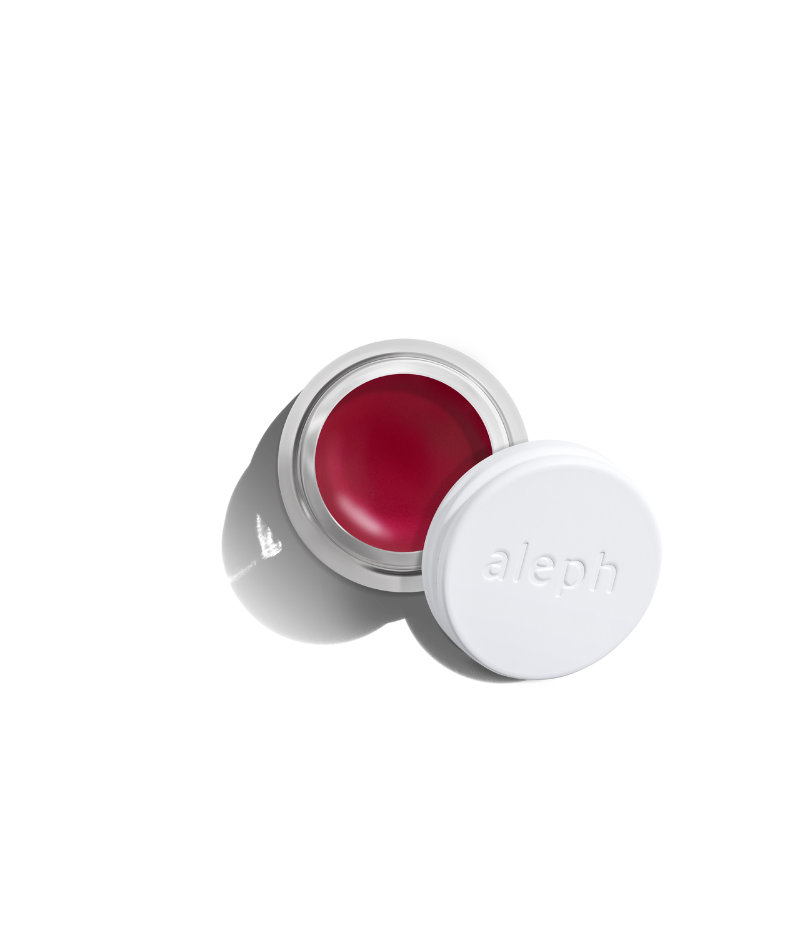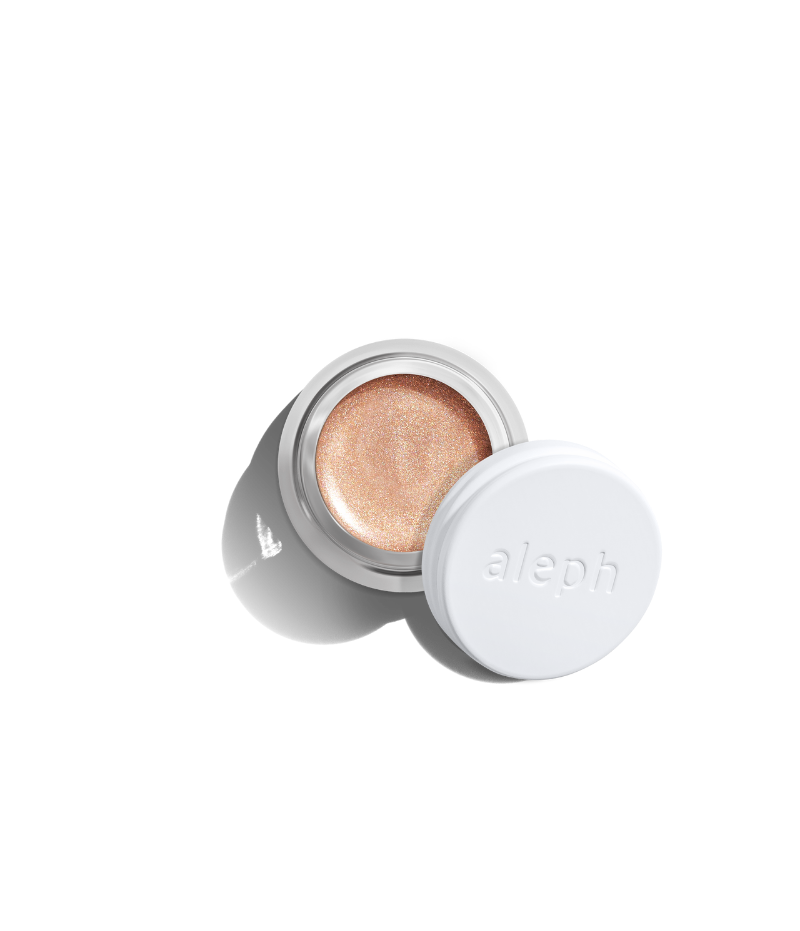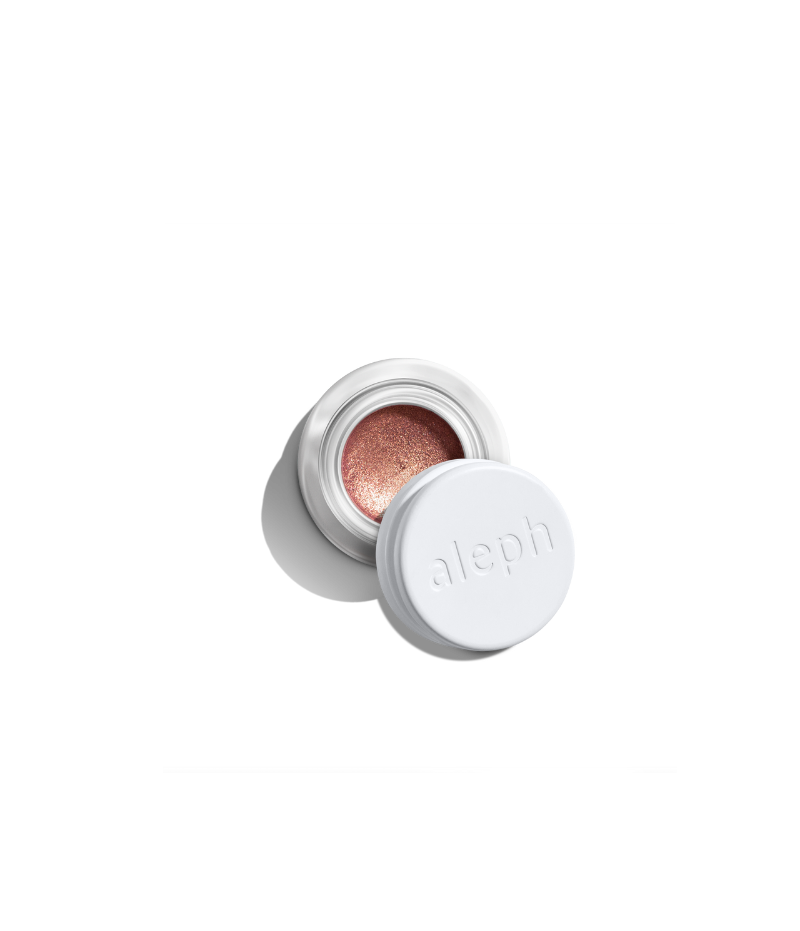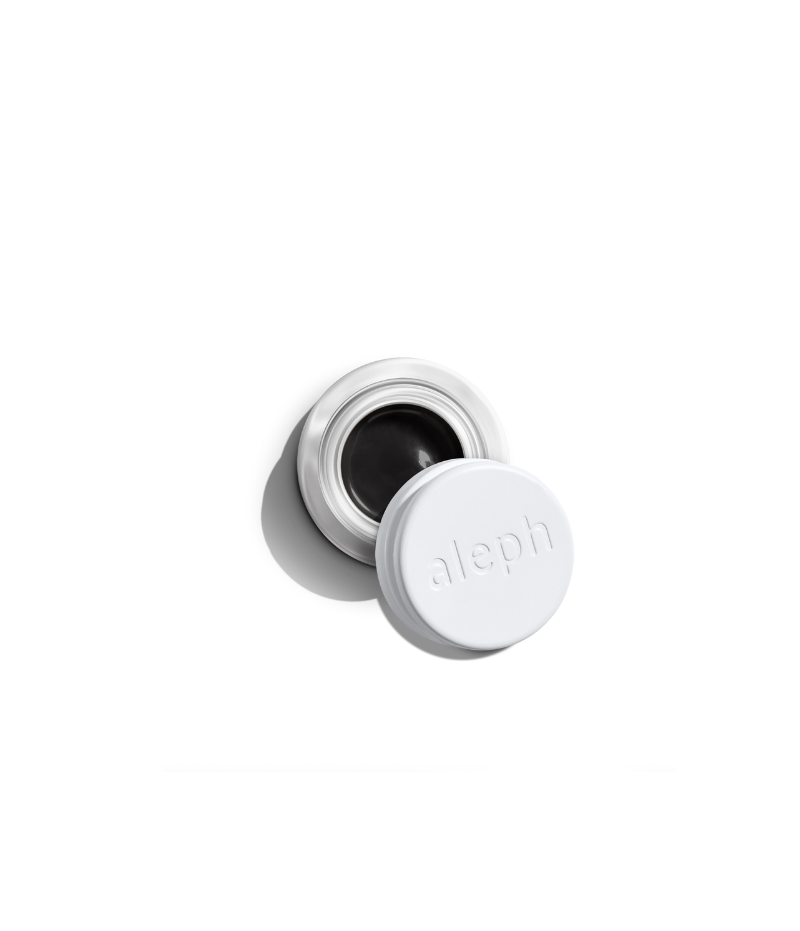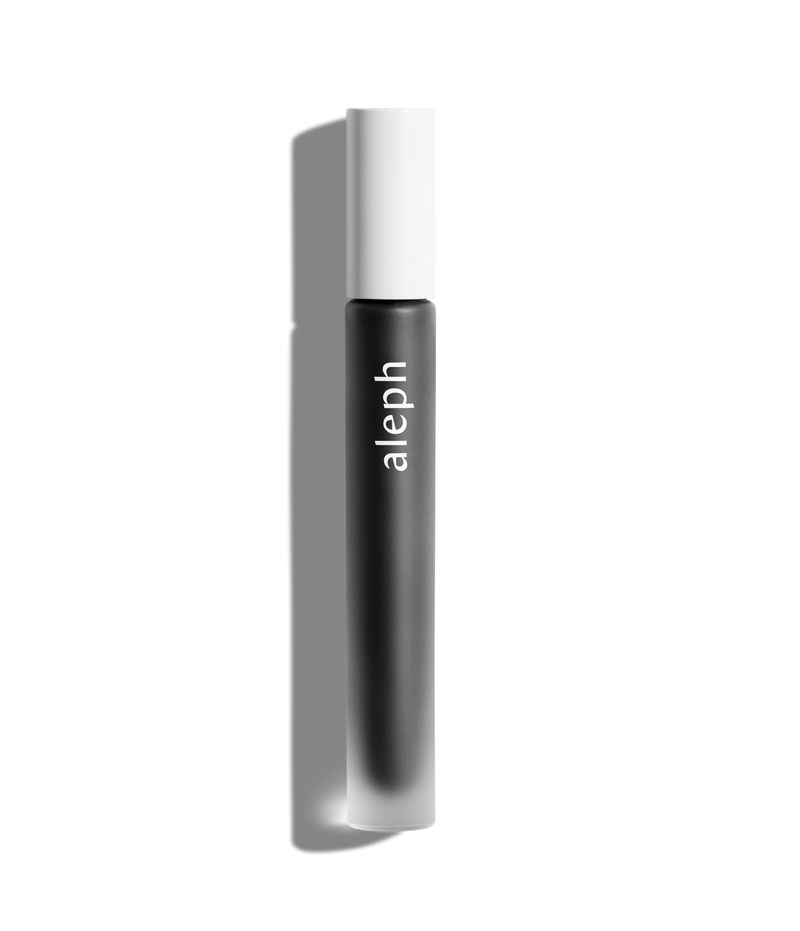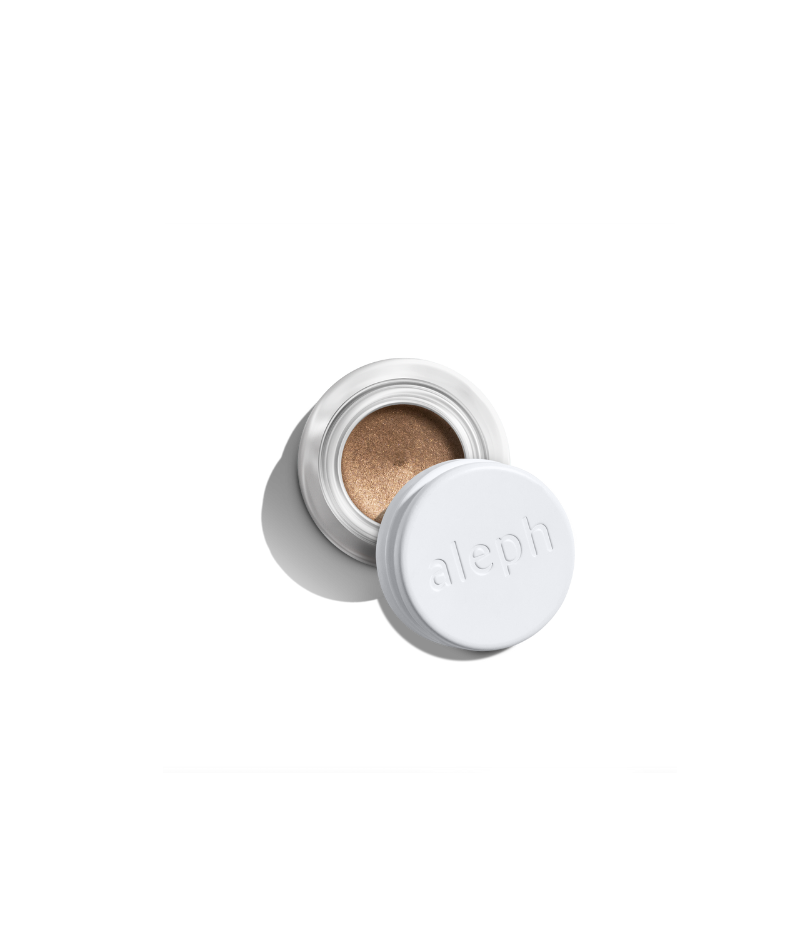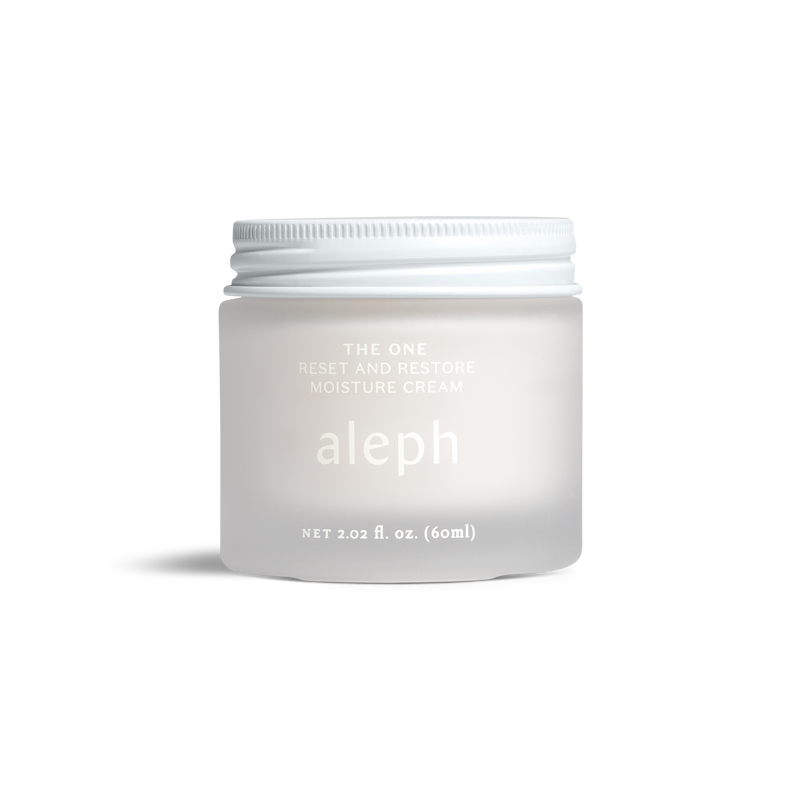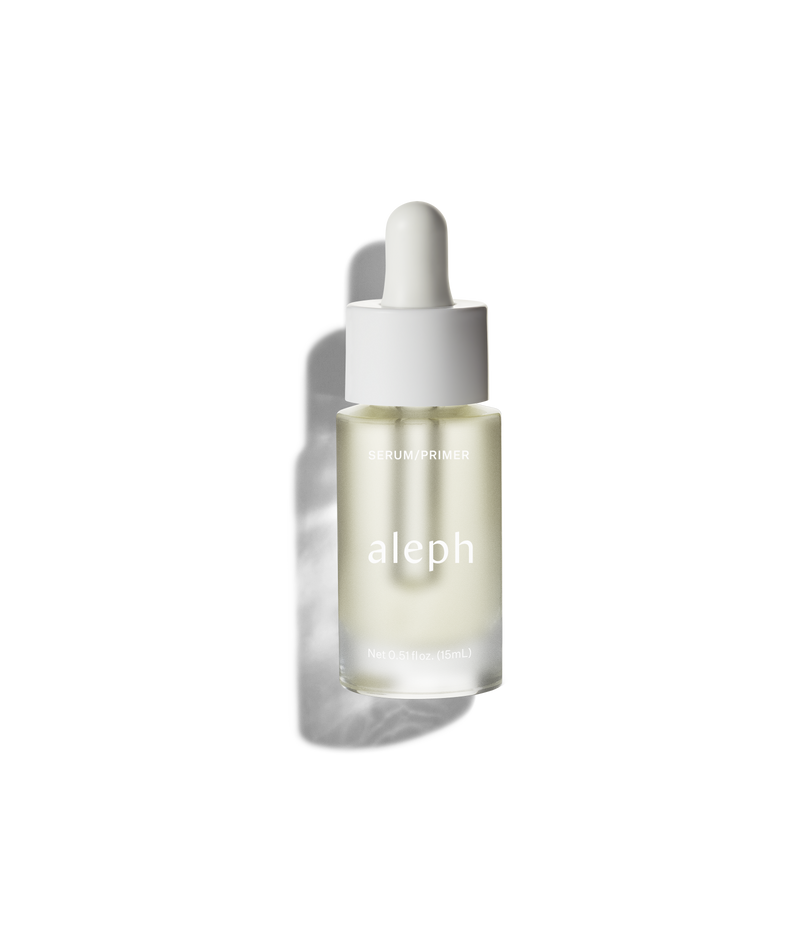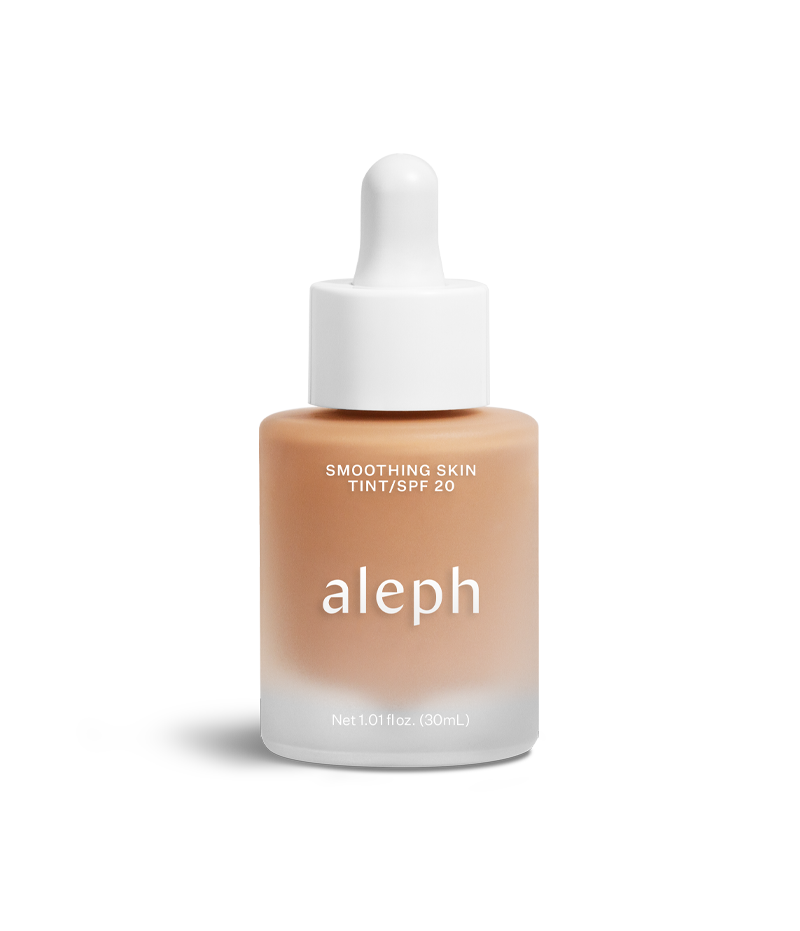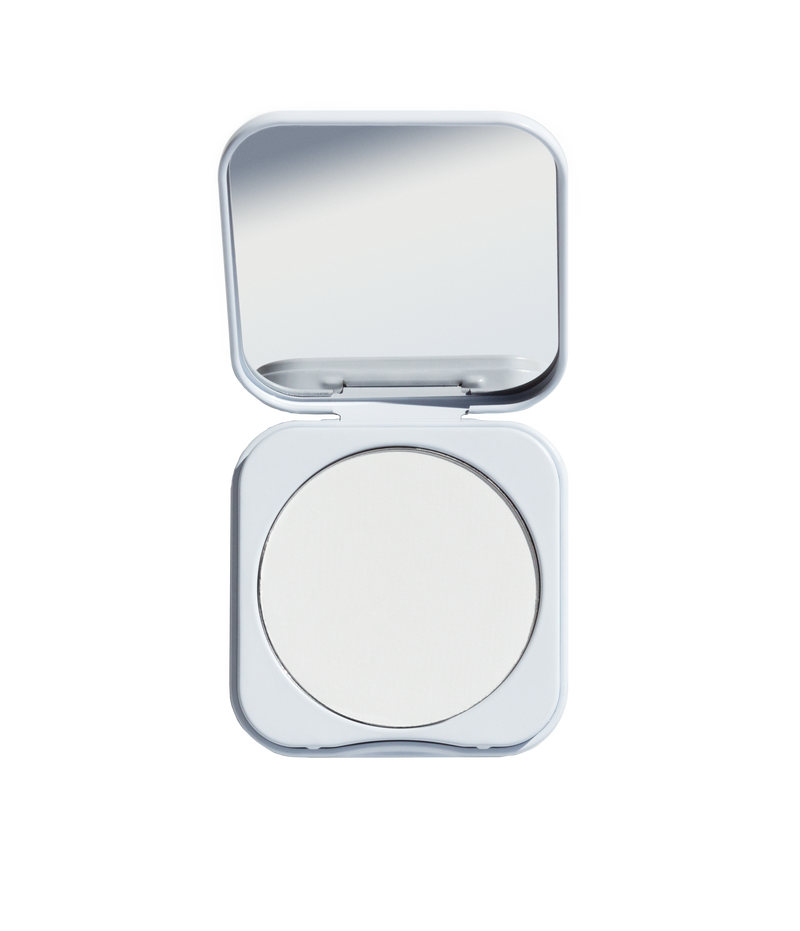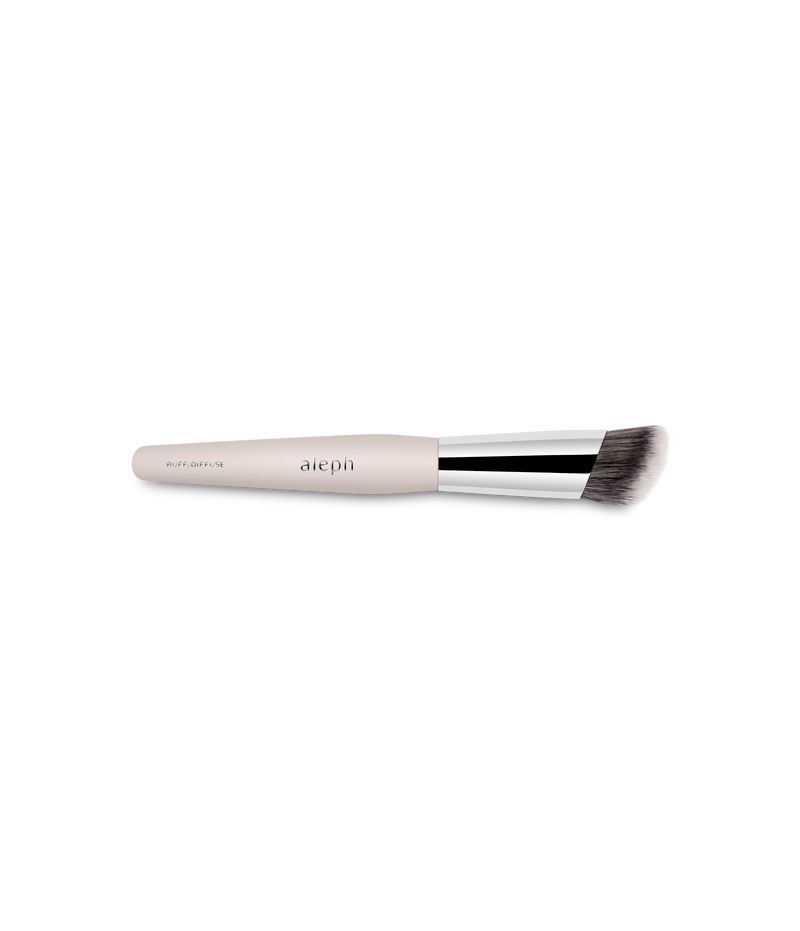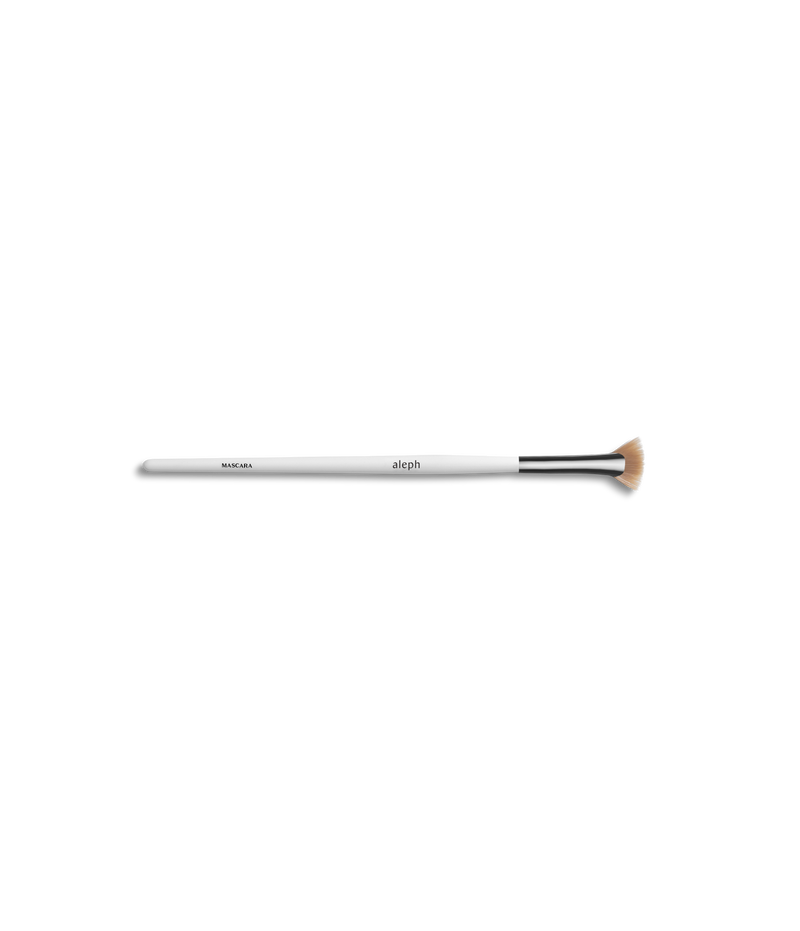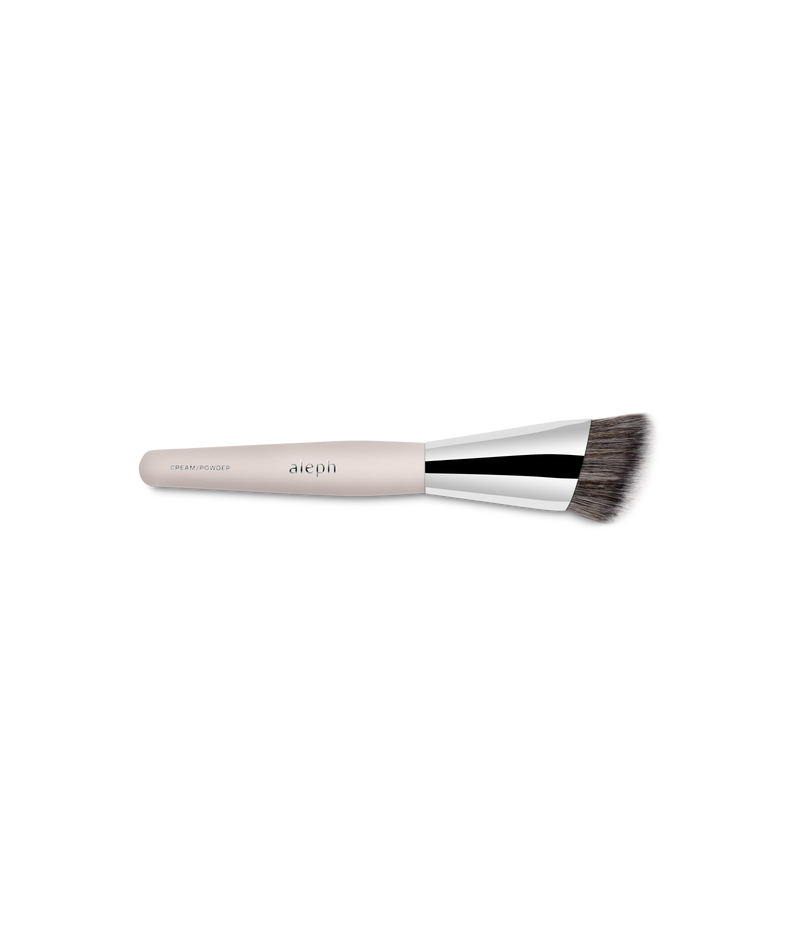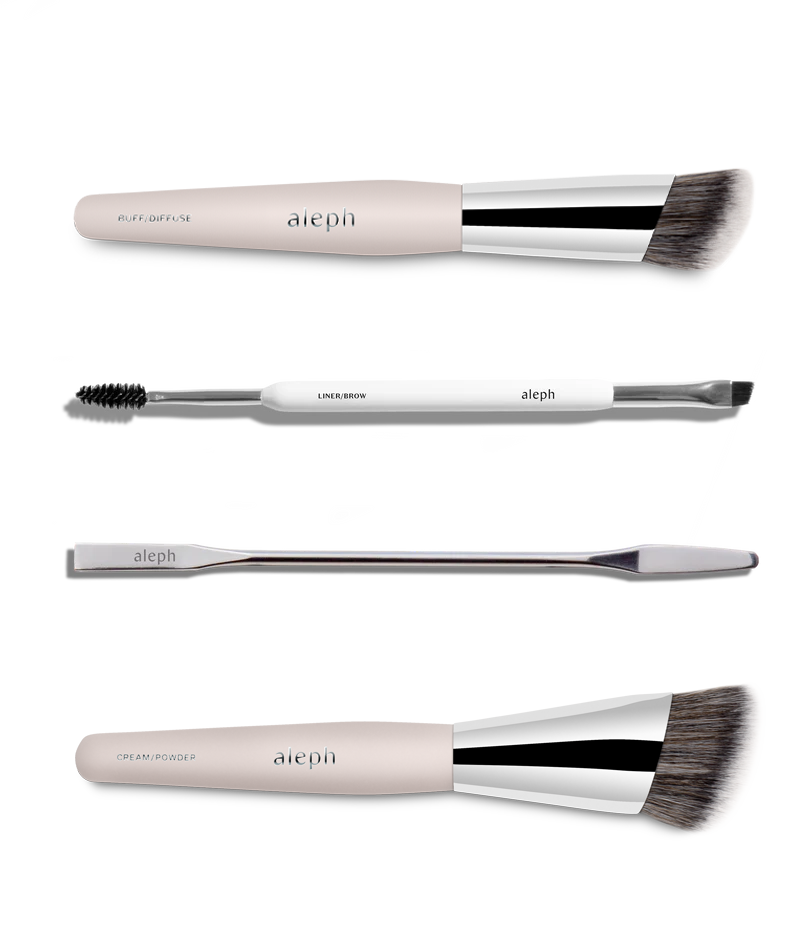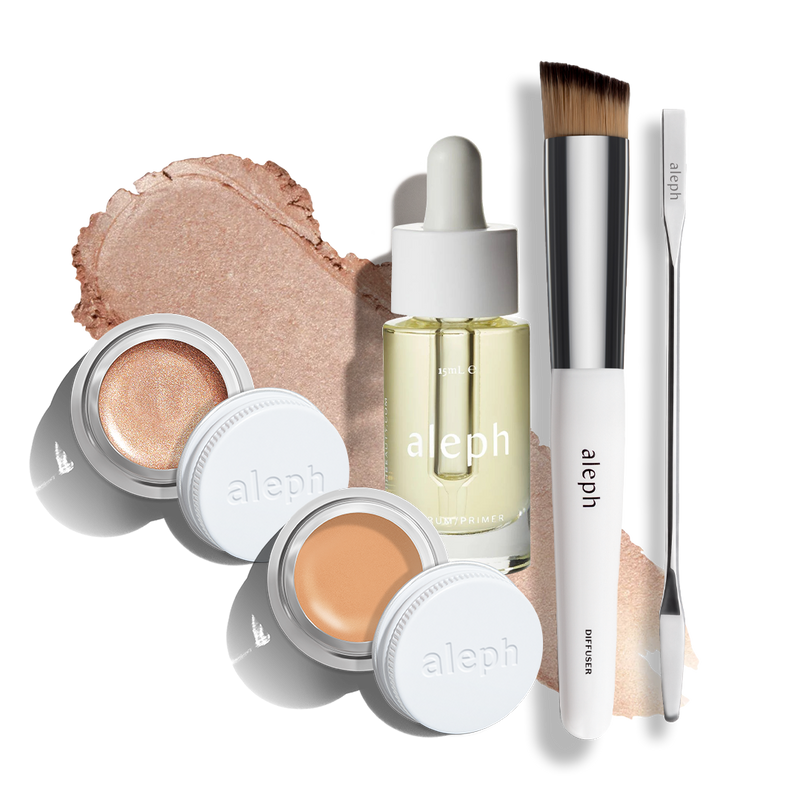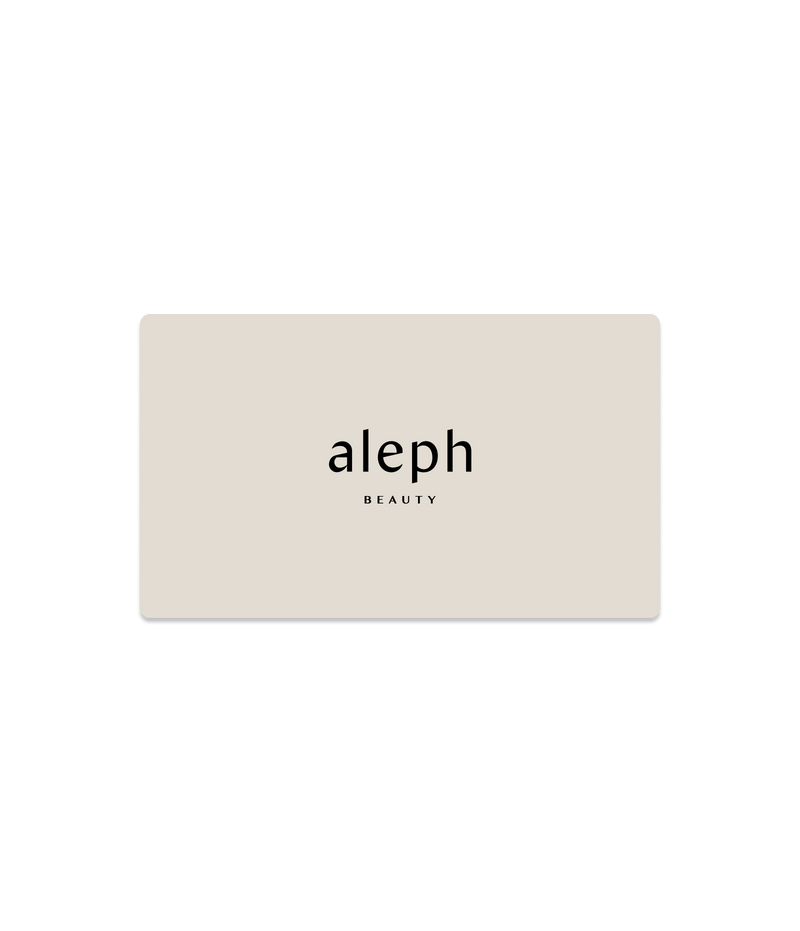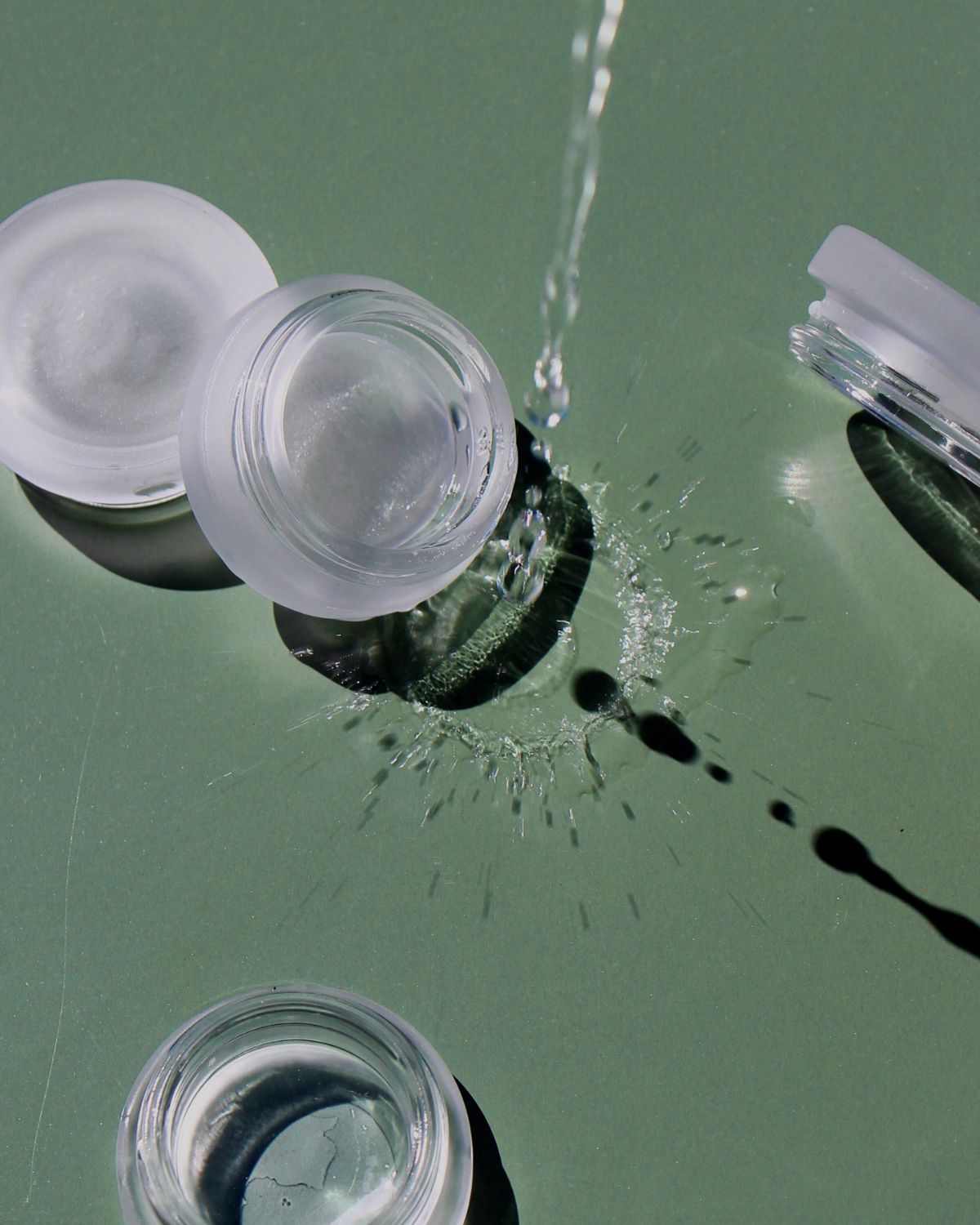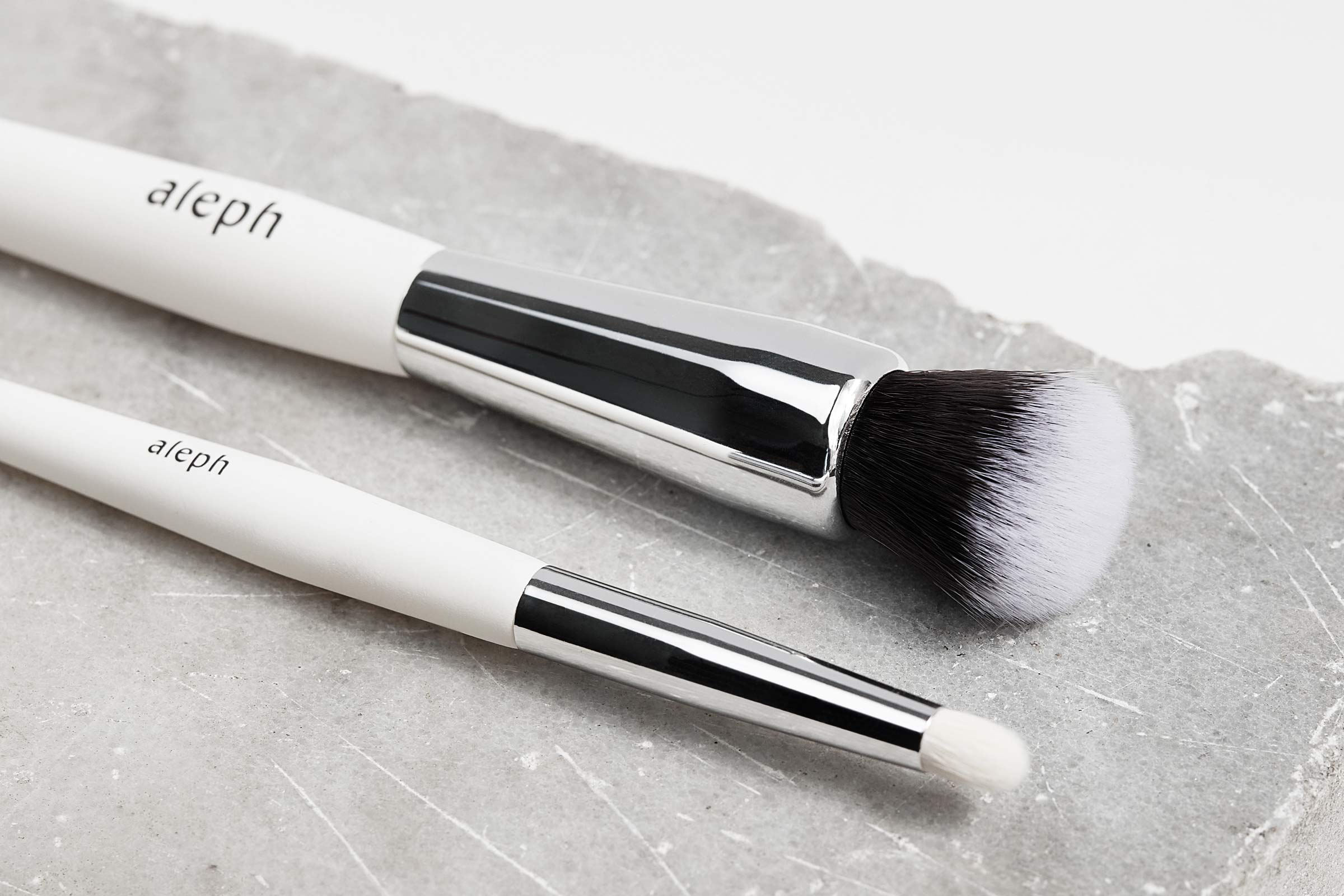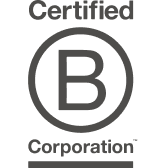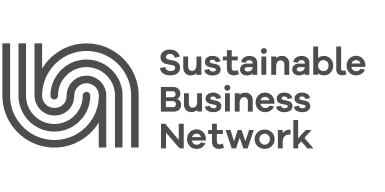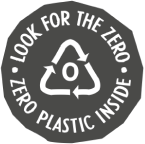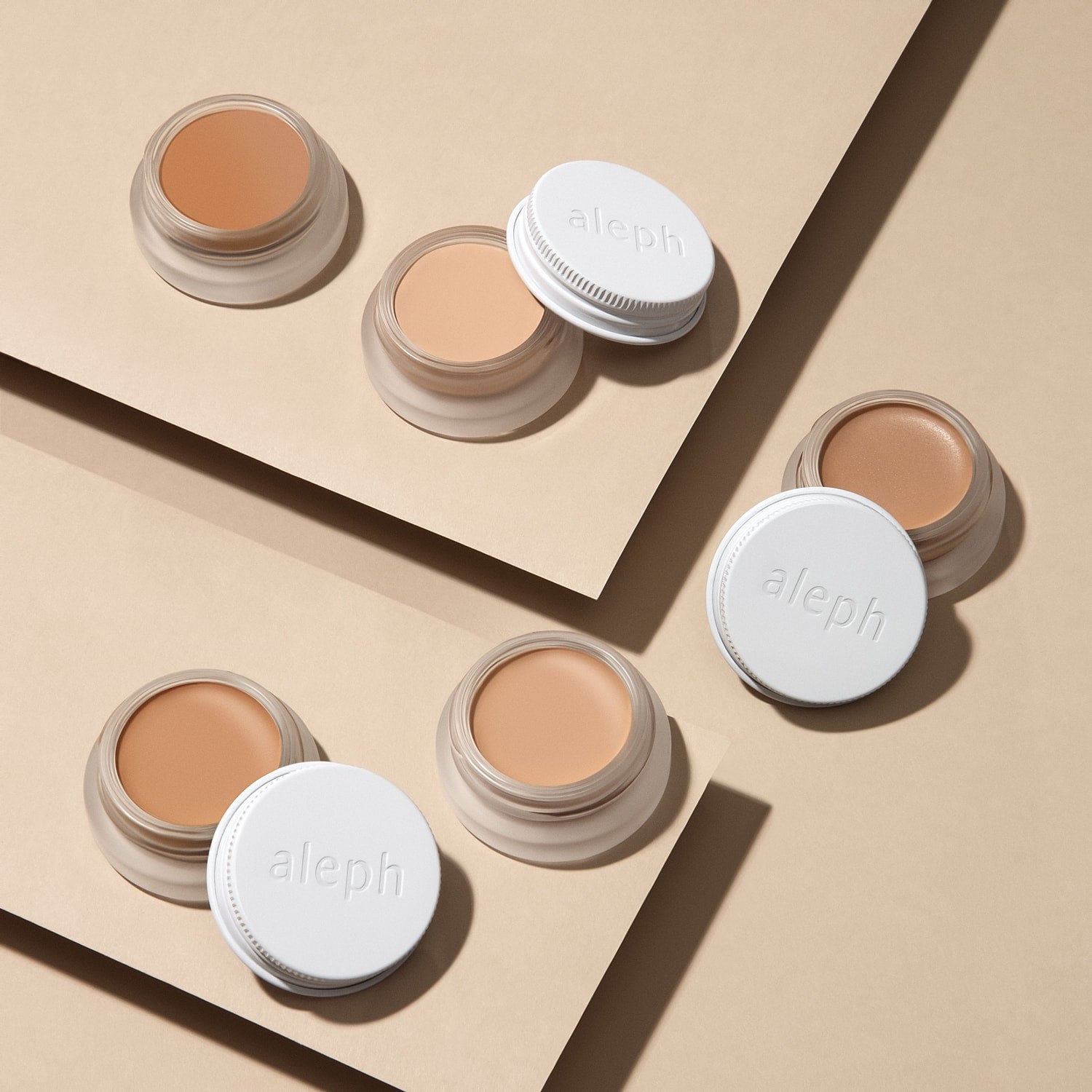What Is Wish-Cycling?
Have you ever tossed something into the recycling bin hoping it would be recycled, even when you weren't quite sure if it could be? That's wish-cycling – the practice of putting items in recycling bins with optimism they'll be recycled, despite uncertainty about whether they actually can be. We've all done it out of the well-intentioned wish to avoid contributing to a mountainous heap of landfill garbage. That moment of hesitation at the bin, followed by the "maybe it's recyclable" justification, is a nearly universal experience born from our genuine desire to do the right thing for our planet.
The Problem with Wish-Cycling
While wish-cycling comes from a good place – our desire to keep items out of landfills – it actually can create significant problems for recycling facilities and the environment: Contamination of Recyclable Materials: When non-recyclable items mix with recyclable ones, they can contaminate entire batches, forcing recycling facilities to send otherwise recyclable materials to landfills. Damaged Equipment: Items like plastic bags and tanglers can jam sorting machinery, causing costly breakdowns and delays. Increased Processing Costs: Sorting out non-recyclable items requires additional labor and resources, making recycling more expensive for municipalities. Reduced Recycling Efficiency: Contaminated recycling streams are less valuable to buyers, threatening the economic viability of recycling programs.
Common Wish-Cycling Mistakes
Many of us make common wish-cycling errors without realizing the impact they have on recycling systems. For example, placing greasy pizza boxes in paper recycling introduces oils that contaminate the batch, while incorrectly including plastic bags with rigid plastics can create serious machinery issues at sorting facilities. Similarly, disposable coffee cups often contain a plastic lining that prevents proper paper recycling.
Another frequent mistake is assuming all plastics with recycling symbols are accepted by local programs, when in reality these symbols only identify the type of plastic, not recyclability. Perhaps most overlooked is the importance of thoroughly cleaning food containers before recycling, as residue can contaminate otherwise recyclable materials and attract pests at processing facilities.
How to Become a Conscious Recycler
Instead of wish-cycling, here's how to make more informed recycling choices:
Know Your Local Guidelines: Recycling rules vary by location.Check your municipality's website for specific guidelines on what can and cannot be recycled in your area.Clean Before You Recycle: Rinse food containers thoroughly before recycling to prevent contamination.Choose Sustainable Packaging: Select products packaged in materials with high recycling rates, like glass and aluminum.How Aleph Makes Sustainable Choices Easier
At Aleph, we believe the best solution to recycling confusion is to use packaging that's designed for sustainability from the start. That's why our products come in:
Infinitely Recyclable Glass: Glass can be recycled endlessly without losing quality or purity.Aluminum Packaging: Aluminum is one of the most efficiently recycled materials, with 75% of all aluminum ever produced still in use today.Minimal Plastic: We've reduced plastic in our packaging to the absolute minimum, focusing on materials that have established recycling streams.By choosing products in glass and aluminum packaging, you're supporting materials that have clear, established recycling pathways and create less confusion at the bin. PLUS, we have pioneered our own takeback program in New Zealand so that much of our original packaging can be sanitized and reused. In the US, we’ve partnered with Pact Collective to make it even easier to ensure that Aleph packaging is diverted from landfills.
Make Every Month Plastic-Free Month While the upcoming Plastic-Free July puts a spotlight on reducing plastic waste, we believe sustainable choices should happen all year-round. By understanding the pitfalls of wish-cycling and making conscious purchasing decisions, you can make a real difference in reducing waste.
The next time you're unsure about recycling an item, remember that sometimes the most environmentally friendly choice isn't to recycle at all— it's to choose products with truly sustainable packaging from the start.

 BACK
BACK